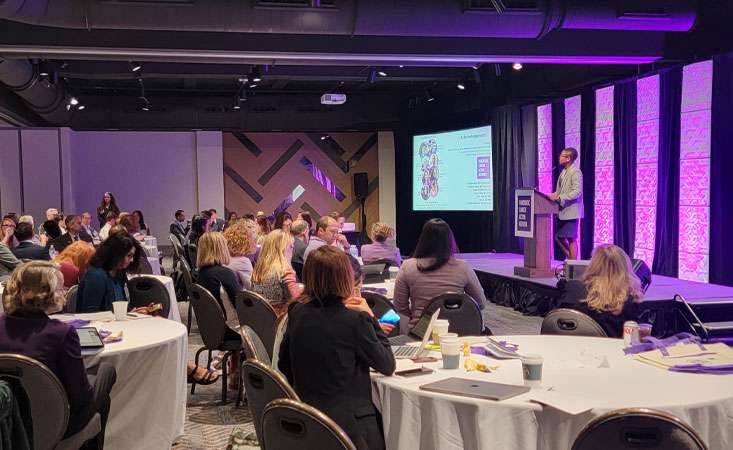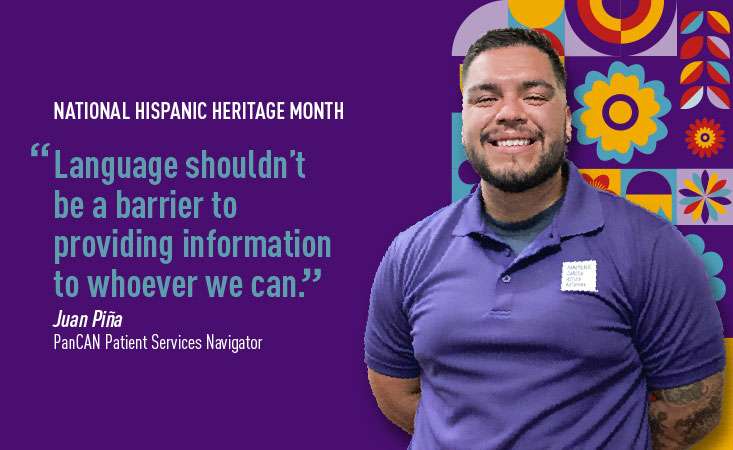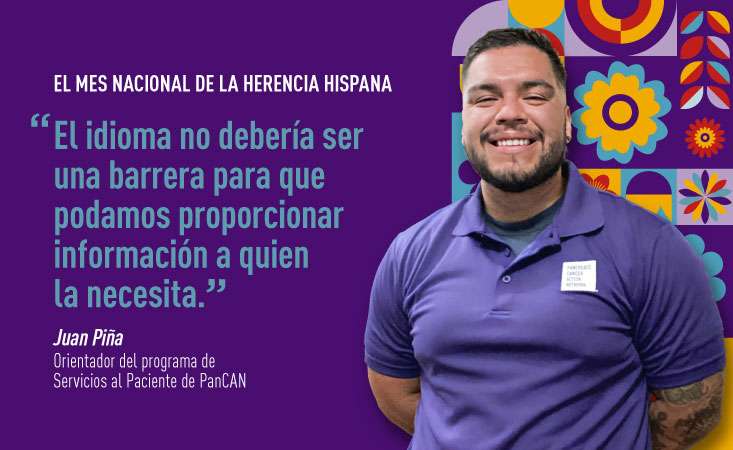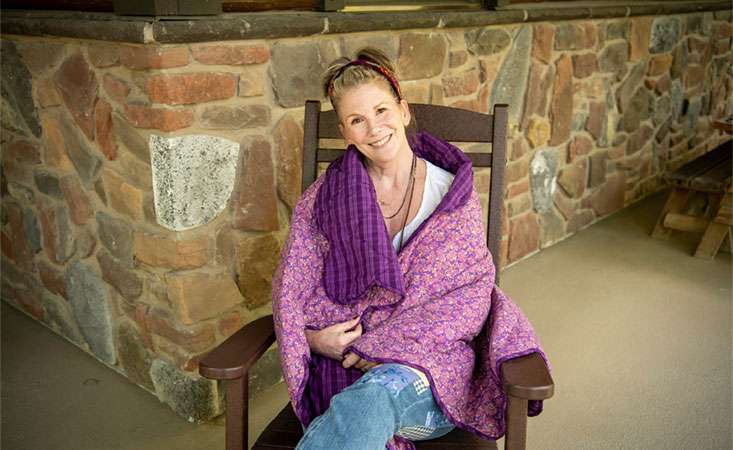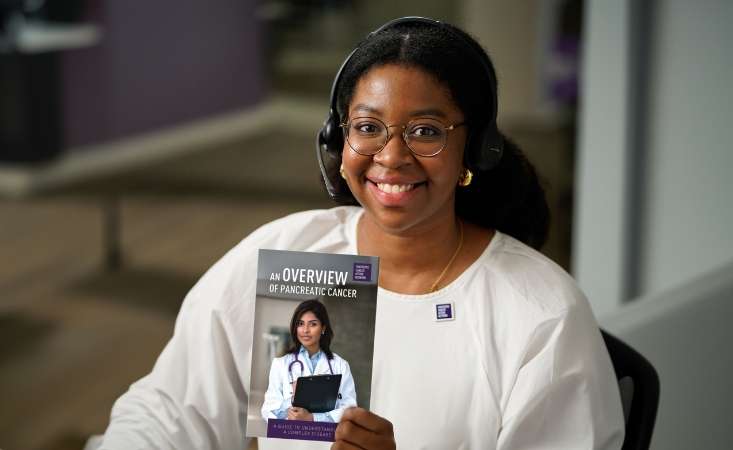
Editor’s Note: In honor of National Photography Month, we are republishing a story about Nancy Borrowick’s photography book. In it, she documents the experience of her parents while they were being treated for cancer – her mother for breast cancer and her father for pancreatic cancer. Borrowick said she used her camera as a therapeutic tool during this difficult time.
The shutter to the camera clicked.
Mom and Dad, married 34 years – breast cancer for her, pancreatic cancer for him. Chemotherapy together, seated side-by-side.
The shutter clicked again.
Mom’s dark hair, stark against the white basin.
In her recently published book, The Family Imprint, award-winning photographer Nancy Borowick took a photographic journey to capture her parents’ parallel journey through stage four breast and pancreatic cancers. These moving, poignant black and white photographs offer glimpses of her family’s life over that year. In a Huffington Post article, Nancy said, “For me, I’ve chosen to share certain images that I think speak to my family, and how we are dealing with the cards we’ve been dealt. Our story looks at love and life in the face of mortality and how we process and cope with our reality.”
Prior to his diagnosis in 2012, Nancy’s father, Howard Borowick, was a prominent trial lawyer. He died of pancreatic cancer December 7, 2013. Nancy’s mother, Laurel, also a lawyer, succumbed to her 20-year battle with breast cancer on December 6, 2014 — almost a year after Howard’s death.
In a recent essay, Nancy recalled, “I needed to find a way to process what we were going through as a family, and naturally, my camera became that therapeutic tool. Photography allowed me to put this situation into a context through which I could better understand it, and my lens allowed me a safe distance from the reality of what was unfolding in front of me — I was losing my parents and there was nothing I could do about it. In a world that felt like it was spiraling downward fast, my camera became my lifeline, and while I had no medical expertise, documenting our story brought a different kind of healing to our pain.”
***
At the Pancreatic Cancer Action Network, we know facing pancreatic cancer may be the most difficult and frightening experience in a family’s life together. And like all cancers, pancreatic cancer affects more than the body. Patients and caregivers experience intense emotional distress while dealing with finances, school and work. Relational and financial strength and stability is threatened as their cancer crisis consumes their life. With pancreatic cancer’s survival rate of only 9 percent, many families and caregivers may not have enough time to plan or experience a sense of hope and togetherness.
Harnessing the power of expressive arts, however, can may be restorative, healing and life-enhancing, especially for cancer patients and their families.
“The arts can provide creative expression for people facing pancreatic cancer,” says Nicole Lise Feingold, MA, Clinical Psychology, and director of Patient Services for the Pancreatic Cancer Action Network. Feingold oversees the PanCAN Patient Services and the organization’s education events. “Arts also provides an outlet for the range of emotions – from fear and anxiety to hopefulness – patients and caregivers experience on their cancer journey.”
Research supports this idea. In fact, science has shown that art helps soothe the mind, alleviate distress, and helps facilitate emotional growth and healing. In a May 2013 article in the prestigious journal JAMA Internal Medicine, researchers from the National Institutes of Health (NIH) studied more than 1,500 cancer patients who engaged in creative arts therapies during and after their treatment to identify the effects arts had on quality of life and psychological symptoms. Researchers found that these patients experienced “significantly reduced anxiety, depression and pain.”
“Arts allow patients and caregivers to focus on and enjoy activities that may offer peace of mind,” Feingold said. “It can be a healthy distraction from the diagnosis while also serving as a means of forming and strengthening important bonds when engaging in these activities in a group setting.”
***
The camera’s shutter clicks… clicks… clicks… clicks.
Dad dancing for Mom. She smiles, laughs.
A wedding. A toast. Dancing. Joy.
Pills to take, so many pills to take.
Surgery. Another surgery.
***
We know this anguish and heartache first-hand — too many of us have personally experienced the profound loss of loved ones to this insidious disease. But we are committed to helping people navigate their cancer journeys, providing support and critical information throughout a difficult time. “We are strong advocates of different types of arts therapy which can aid both the patient and caregiver.” Feingold said. “We want patients and their loved ones to be as strong as they can be, body and soul, during and after their cancer journey.”
If you have questions about the benefits of complementary therapies and harnessing the power of art, please contact us at 877-2-PANCAN or via our contact form.
Because of philanthropic partners, we can provide all of our patient services free of charge. If you would like to support these critical patient care programs, please contact us 877-272-6226 or make a donation.






